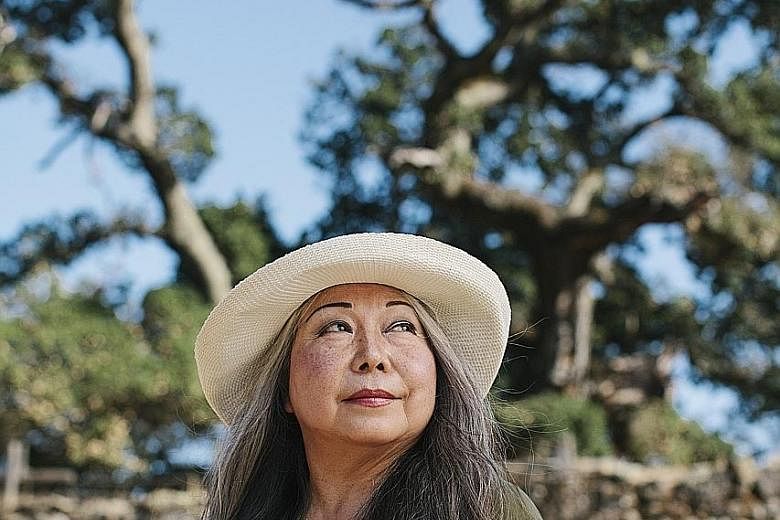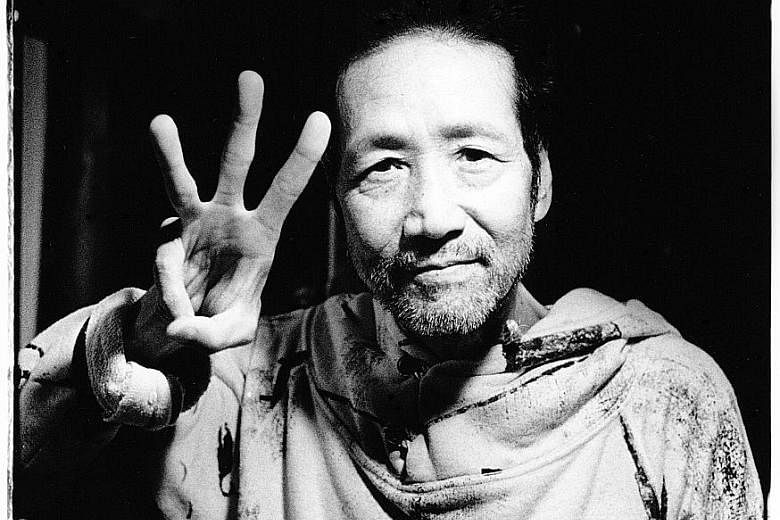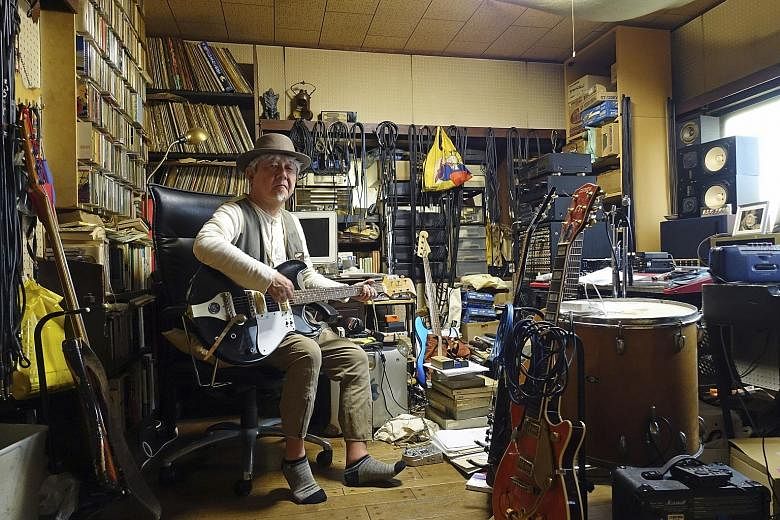TOKYO • When Japanese singer-songwriter Kenji Endo first heard Bob Dylan's Like A Rolling Stone as a student in Tokyo in the 1960s, he was perplexed. Are pop vocals not supposed to be pretty?
But by the third listen, he remembered he was in awe. "This guy is creating something that has never been created before."
His experience was, in one sense, a typical story of rock 'n' roll inspiration in the 1960s. Yet it is also a window into a vital period of Japanese musical history that is only now getting a close look in the West, through a series of archival albums.
They document some of the innovative work that had developed along the fringes of Japan's tightly controlled pop industry.
Even A Tree Can Shed Tears: Japanese Folk & Rock 1969-1973, released this month by the eclectic American label Light In The Attic, is a primer on how Japanese musicians absorbed the influences of Dylan, the Band and Joni Mitchell, as well as a portrait of a post-war generation that explored its own identity through an imported sound.
Aside from Happy End, the ground-breaking band that had a song on the Lost In Translation soundtrack in 2003, most of the figures in Light's new Japan Archival Series have never had their music released in the West before.
But, for years, an avid collector community has been circulating their work, including the enigmatic, smoky-voiced Maki Asakawa; Hachimitsu Pie, whose name (which means "honey pie") was a bilingual nod to The Beatles; and Sachiko Kanenobu, a singer who ended up in sci-fi writer Philip K. Dick's circle in California.
The history can be traced to the aftermath of World War II when occupied Japan was drenched in American pop culture and a generation was reared on the jazz and rock 'n' roll broadcast by the US military.
"I grew up with American culture," Haruomi Hosono, a founder of Happy End and one of the architects of modern Japanese pop, said in an interview in 2014. "I even regretted that I wasn't American."
In the 1960s, collegiate folkies and Beatles-inspired guitar bands swept the country. But by the end of the decade, a circle of ambitious songwriters obsessed with American roots music began to emerge.
Many were associated with a small record label, URC, that evaded the Japanese music industry's strict censorship rules by selling records through the mail.
Happy End transformed the rock scene with poetic Japanese lyrics that somehow fit the cadence and rhythms of American-style rock.
The 1971 album Kazemachi Roman, a classic of the genre, describes with a shrug how the Tokyo of the band members' childhood was being swept away and replaced by a high-tech metropolis.
As Japanese literature and culture professor Michael K. Bourdaghs at the University of Chicago said in his book, Sayonara Amerika, Sayonara Nippon: A Geopolitical Prehistory Of J-Pop, Happy End's embrace of Western rock led to a kind of identity crisis: What of this music was Japanese and what was American?
"They tried to find a way out of what was an impossible choice by trying to do a music that was neither Japanese nor American," he noted.
The Japanese language, Endo said, was essential to capture the details of domestic life - such as the kotatsu, a small heated table and blanket where families or lovers huddle.
"There's absolutely no kotatsu in Dylan's songs," he said. "A girl in a miniskirt is not putting her legs inside the kotatsu. And, most importantly, cats are not sleeping inside the kotatsu in Dylan songs."
Yet language has also been a barrier keeping this music from reaching the West, said Mr Kunihiko Murai, one of Japan's most successful music executives.
"In the 1970s and 1980s, whenever I play Japanese songs to music publishers outside Japan, they would listen to four bars and say: 'Nobody will listen to music with Japanese lyrics'," he added.
To put Even A Tree together, Light In The Attic spent years trying to convince sceptical Japanese record companies that an American market existed for this material.
"We were requesting something that had never been requested," said Mr Matt Sullivan, the label's founder. It won over the Japanese executives by stressing the label's connoisseur approach and by projecting album sales of 3,000 - a number that astonished them.
Meanwhile, Endo is still making music. Over his nearly 50-year career, he has played acoustic folk, progressive rock, techno, solo piano and sentimental ballads known as enka. And at 70, he still looks to Dylan as an inspiration and a rival.
"I'm greater than Dylan," he said. "The album I'm trying to make in December will be hard punk music.
"Dylan, can you top that?"
NYTIMES



